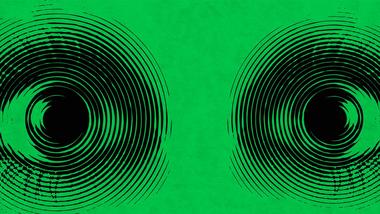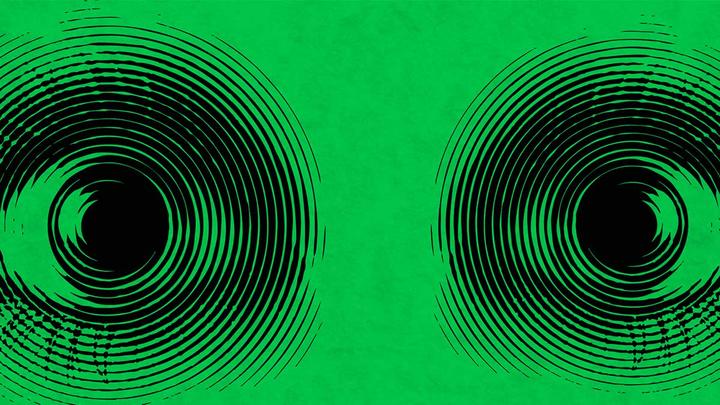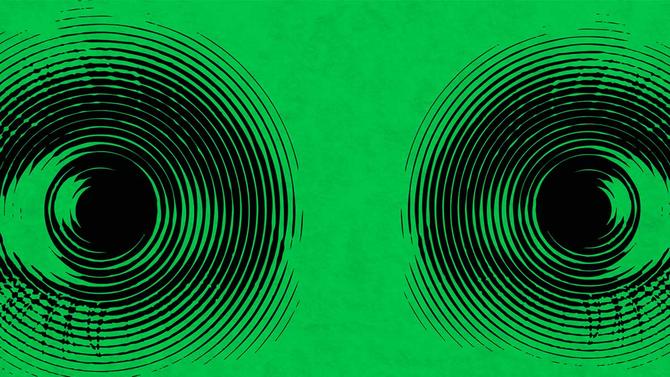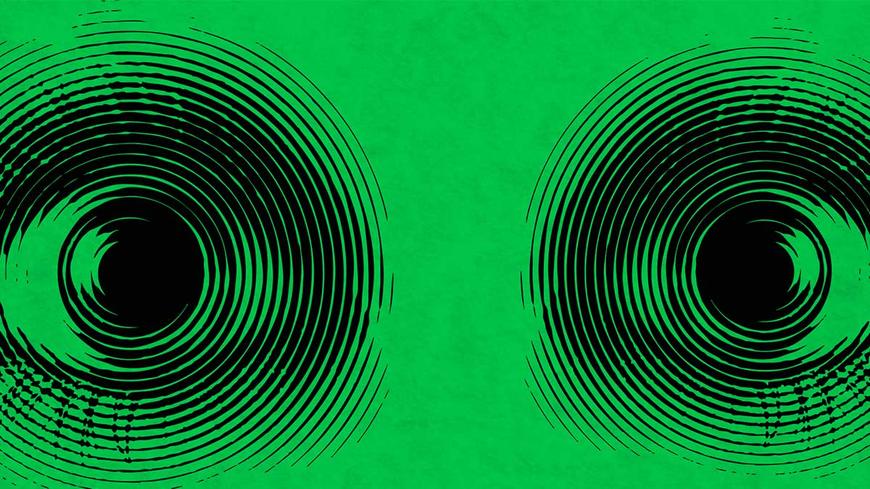Nowadays, the issue of drug abuse and circulation is an extremely concerning issue in the Russian Federation. Due to the considerable increase in drug use in the society, the list of narcotic substances and their analog has been expanded; due to this, drugs trafficking has acquired concerning scale. As this issue is rather up-to-date, it would be useful to deal with the ways in which Russian authorities deal with it. Though drug possession does not produce a direct harmful effect on people, it is one of the most socially hazardous crimes, as illegal drug possession, trafficking and marketing lead to degradation of the nation, gene resources’ mutation and increase in the overall crime rate of the state. Nowadays, Russia suffers from the relatively high crime rate, with 5% of all reported crimes being illegal drug circulation. In other words, drug-related crimes constitute a considerable part of the overall crime statistics. The government is concerned with this problem, as the country is likely to be engulfed by the drug addiction “boom”: just one drag addict can involve about five people into drug use, and it is needless to mention, how many people can be “infected” by a single drug dealer.
Keeping this in mind, the government attaches much importance to antidrug policy, changing and improving it through the years. Initially, starting with the 1970s, drug addicts were legally recognized as a threat to other people, they were treated as offenders and were subject to the punitive approach (for instance, in psychiatry) (Klingemann & Hunt, 1998). However, despite the existence of a wide legal framework incorporating over 200 presidential decrees and over a hundred bylaws issued by the State Duma, Russia’s parliament, the problem of illicit drug use, trafficking and possession remains significant (Hoogenboom, 1997).
The legislations issued before 2003 displayed a rather harsh approach towards dealing with drug possession and trafficking, presupposing criminal liability for a wide category of offenders. People accused of possessing any amount of narcotic substances would be put into jail, according to the laws that were in force earlier. “Under previous Russian law, smoking marijuana or being caught with as little as one-tenth of a gram of it could bring a three-year prison sentence” (Stop The Drug War Website). However, the Criminal Code underwent changes in 2003, and the amendments were made to draw the line between illegal drug possession in drug users and that of drug traffickers. Moreover, the Duma revised definitions of large and extra large amounts of narcotic substances. In this way, the government claimed a more liberal attitude towards drug use, and people possessing small amounts of drugs are administratively liable and are punished with the fixed fine.
The newly established policy was intended to find a balance between drug crimes and punishment. As a result, changes in definitions and ways of punishment managed to protect those offenders that were convicted for possession of small amounts of drugs for a short period of time. When an offender is caught with ten or fewer doses of any narcotic substance intended for personal use, there is no legal prescription for custodial restraint anymore.
Generally, the term “drug possession” is predominantly used and referred to together with purchase, sale, and trafficking. Thus, the main types of penalties prescribed by the law for this type of crime are meant for all these offenses, varying in accordance with amounts: the larger the amount – the stiffer the penalty. In this way, possession, trafficking, purchase, sale, production, and processing of narcotic substances in civilian circulation are prohibited and lead to administrative or criminal liability.
In case the offender was caught with a certain amount of drugs, the authorities mainly impose administrative penalties (e.g. the offender’s salary for three months). At the same time, the convicted has a choice between a fine, custodial constraint, correctional labor or freedom restraint. Offenders convicted for the same offenses, but in large amounts, are punished with imprisonment for the term from three to ten years or a fine (a considerable sum consisting of the income for up to three years). Naturally, the level of average income in the Russian Federation wouldn’t enable paying such fine, thus the main punishment measure is imprisonment. Finally, these offenses involving extra large amounts of drugs lead to imprisonment for ten to fifteen years or freedom restraint and the fine mentioned above). Judging by these measures, Russian authorities consider drug crimes to be rather socially dangerous and thus develop the range of preventive and punitive measures to stop spreading of drugs. At the same time, according to the criminal code, offenders, who voluntarily hand in drugs, psychotropic substances and their analogs or help in prevention and investigation of other crimes alike, are released from criminal liability for their offenses. Thus, a person possessing drugs who willingly hand them into the police is not punished due to the criminal code. In addition, the offender must hand in his/her drug reserves beforehand, but not in the moment of apprehension.
Of course, being concerned with the increase in illegal drug circulation and use, Russian authorities introduce preventive measures, including antidrug propaganda, informing the population and placing all the information on government websites. Keeping in mind the wide popularity of marijuana in the country, the government tries to reduce the amount of hemp growing in civil land property. The authorities demand that landowners eliminate all wild plants containing narcotic substances on their territories. Failure to eliminate these plants is even punished by a fine of up to 2 thousand rubles for civilians and up to 40 thousand rubles for legal bodies.
The system practiced in the Russian Federation differs in certain aspects from its American counterpart. And first of all, one can see more tolerance towards civil use of such narcotic substance as marijuana in the U.S. According to the National Organization for the Reform of Marijuana Laws (NOML), the penalties for drug possession in any amount (first offense) is punished either with one-year incarceration or with a maximum fine of $ 1000 (NOML). With subsequent offenses, both the term of incarceration and the fine rise. Thus, it is seen that, despite higher tolerance in the society towards such drug substances as marijuana, the penalty for possession is rather serious and doesn’t depend on the amount.



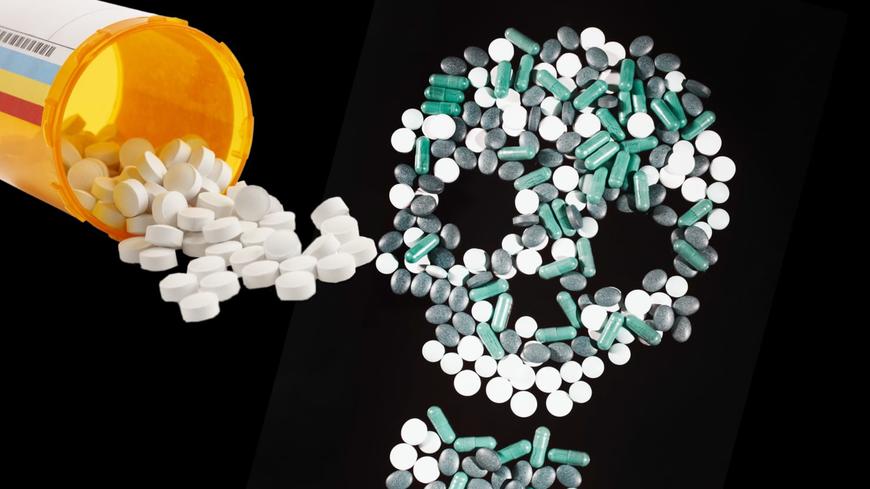
Federal Drug Control Service of the Russian Federation
Federal Drug Control Service of the Russian Federation (FKSN) has been the key government body to deal with drug possession and trafficking. This office is controlled personally by the president and is aimed at struggling with an illicit circulation of narcotic and psychotropic substances and their precursors, and also controlling their legal circulation. The predecessor of this organization was established in 2002 and was called The State Committee for Combat the Illicit Trafficking in Narcotic Drugs and Psychotropic Substances, being in the jurisdiction of the Ministry of Internal Affairs. The modern organization performs several important functions, including ensuring that Russian law about drugs, psychotropic substances and their precursors is complied with; performing an inquisitorial activity in accordance with Russian law, and controlling the circulation of medical drugs and psychotropic substances. In addition, the organization is responsible for educational activity concerning the harm caused by drug use, the tips for parents to prevent or identify drug use in their children and so on.
Attached file: Drug Possession in Russia.docx
Click download to get access to a full version of the paper
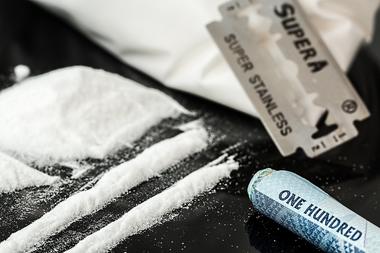
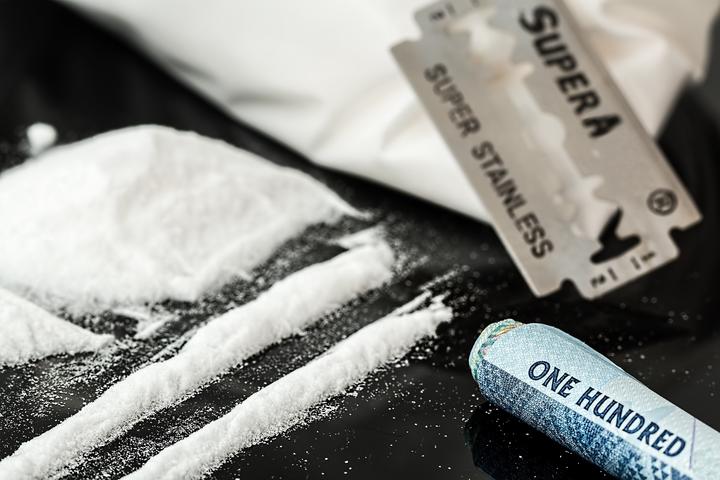
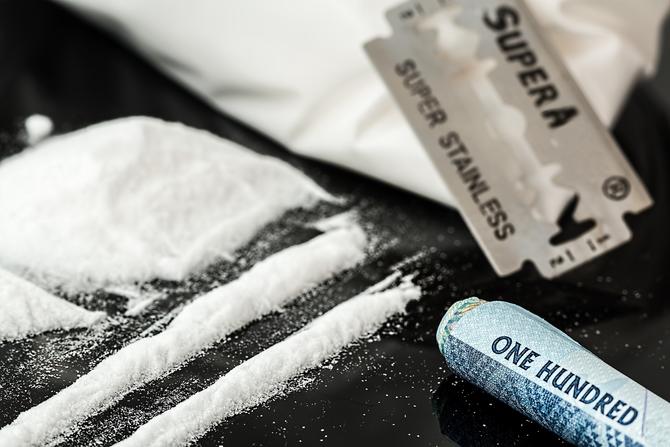

Flaws of the System
Whereas the punitive measure has been much more liberal than before, there ‘is still a problem connected with violation of human rights in the process of dealing with drug-related crimes in the Russian Federation. International human rights organizations report countless violations occurring in the process of detention, trial etc. For instance, according to Human Rights Watch data, Russia belongs to the range of countries where people caught using or possessing drugs are forcefully put into treatment institutions without a trial and are kept in poor conditions (Human Rights Watch). Those who are deterred without trial and put into prisons suffer from unfavorable conditions imposing risks of HIV, tuberculosis and hepatitis C. Moreover, federal law is often used by the police in order to extort confessions from suspected offenders – either users or those suspected of drug possession (Human Rights Watch). If a drug user is on the stage of withdrawal, this can be easily used to extort confessions of larger amounts of drugs possessed or even mone
